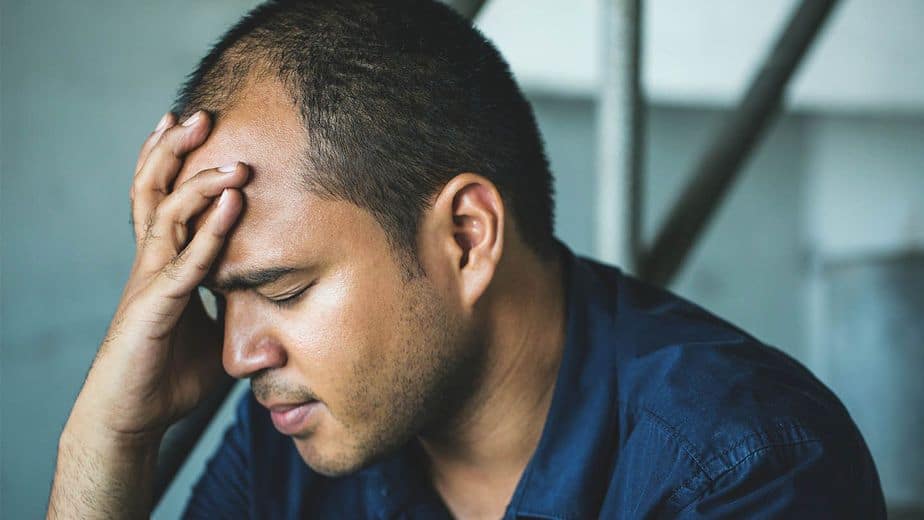LSD (Lysergic Acid Diethylamide) more popularly known as the acid is a synthetic powerful chemical Hallucinogen drug that is responsible for distorting the user’s perception of reality.
While under the influence of LSD also known as tripping the user will experience hallucinations, seeing and hearing things that aren’t really there, colours, objects and sounds can look strange and distorted.
LSD produces rapid, intense mood swings and the user may feel several emotions simultaneously. LSD has no colour, odour or taste and is sold in small paper tabs, pellets or a liquid form. Some of its street names are trips, smilies, and paper mushrooms.

